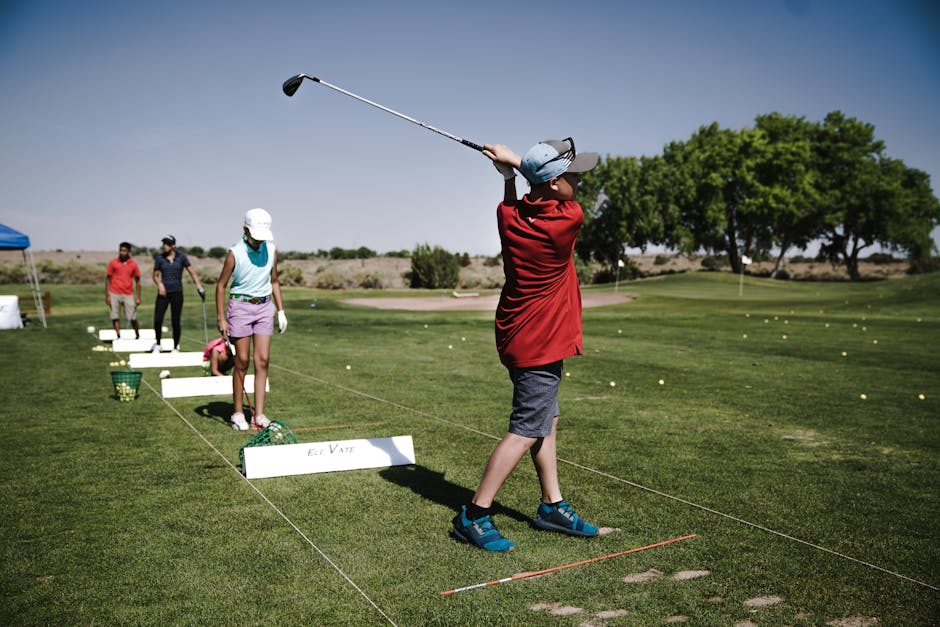Navigating the world of golf clubs can be perplexing, especially for beginners. With a vast array of options available, it's crucial to understand the different types, their functions, and how to choose the right ones for your game. This comprehensive guide will provide you with all the essential knowledge to make informed decisions about your golf clubs.
**Types of Golf Clubs**
* **Woods:** Designed for long-distance shots, woods have large clubheads and thick shafts. They are typically used on the tee box or for approach shots.
* **Irons:** Intended for medium-distance shots, irons have smaller clubheads and thinner shafts than woods. They are categorized by number, with lower numbers indicating longer distance.
* **Hybrids:** A combination of woods and irons, hybrids offer versatility and forgiveness. They can provide a better alternative to long irons for many players.
* **Wedges:** Specialized clubs designed for short-distance shots around the green. They have a variety of lofts to enable players to execute different types of shots.
* **Putters:** Used exclusively for putting on the green, putters have a flat clubface and are designed to roll the ball smoothly.
**Factors to Consider When Choosing Golf Clubs**
* **Swing speed:** The speed at which you swing the club affects the distance and trajectory of the ball. Slower swingers need clubs with more loft and lighter shafts.
* **Loft:** The angle of the clubhead's face determines the height and trajectory of the ball. Higher loft clubs produce higher shots.
* **Shaft material:** Steel shafts are durable and provide more control, while graphite shafts are lighter and offer more distance.
* **Flex:** The stiffness of the shaft determines how much it bends during the swing. Stiffer shafts are suitable for faster swingers, while softer shafts are better for slower swingers.
* **Lie angle:** The angle between the shaft and the clubhead's sole should match your swing plane to ensure optimal ball contact.
**Tips for Beginners**
* Start with a basic set of irons and a putter.
* Consider purchasing a hybrid or two to replace long irons.
* Get fitted by a professional to ensure your clubs are the right length, loft, and lie angle.
* Practice regularly to develop your swing and improve your club selection.
**Conclusion**
Understanding golf clubs is essential for maximizing your performance on the course. By considering the different types, functions, and factors to consider when choosing clubs, you can tailor your set to your individual needs. Remember to consult a professional for guidance and invest in quality clubs that will support your game for years to come.

